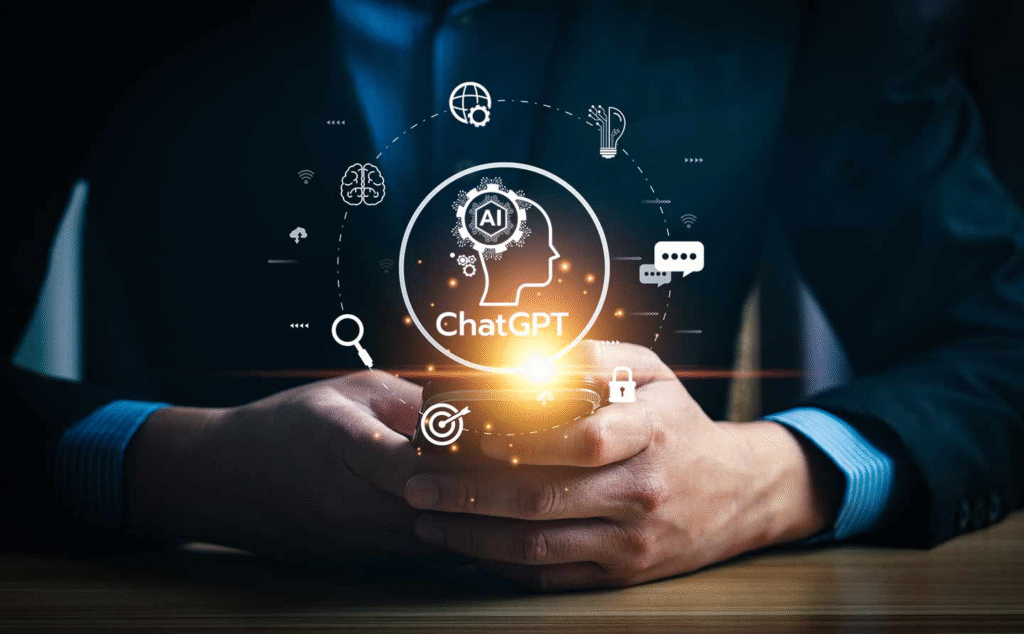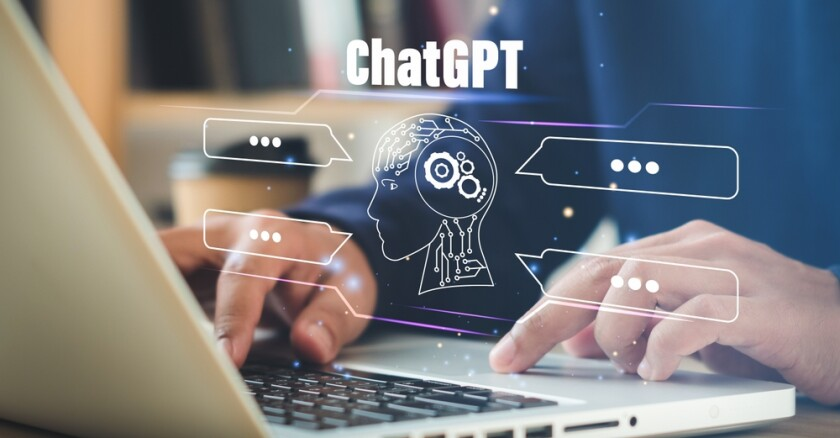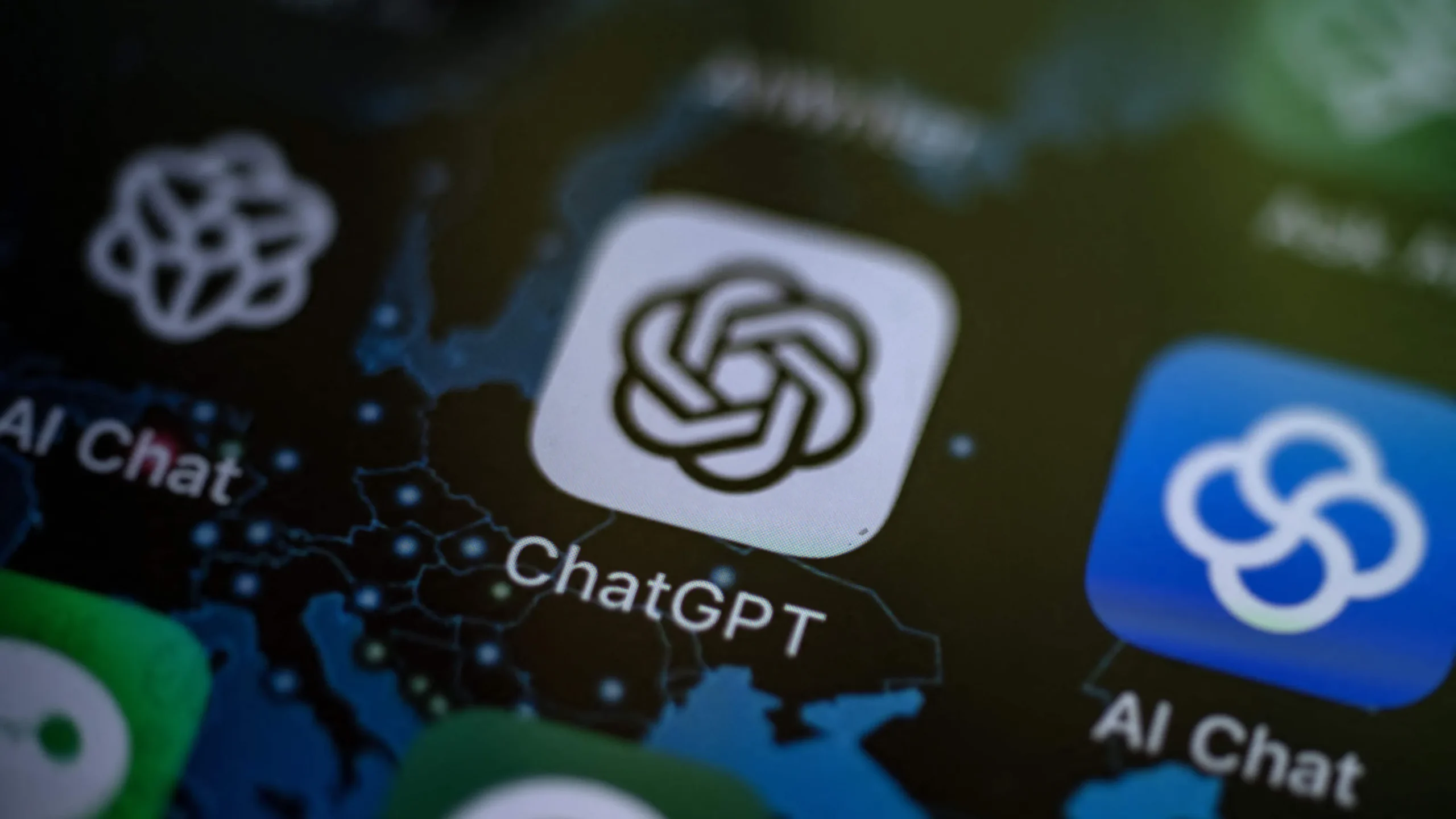
The advent of generative artificial intelligence, epitomized by tools like ChatGPT, is reshaping the landscape of learning and knowledge acquisition. As students and educators grapple with these technological advancements, a question that looms large is whether traditional colleges retain their purpose. In a world where information is available at one’s fingertips, the role of higher education institutions faces renewed scrutiny.
The Digital Age and Knowledge Accessibility
For centuries, colleges have served as repositories of knowledge, fostering critical thinking, research, and intellectual discourse. However, AI has democratized access to information, challenging the exclusivity of academic institutions. ChatGPT, a generative AI model, exemplifies how students can learn complex subjects, draft essays, and even solve mathematical problems outside the classroom.
This raises a pivotal question: If AI can replicate many functions of traditional education, what unique value does college provide? To answer this, one must delve deeper into the aspects of human learning that transcend rote memorization and content delivery.
The rise of AI represents both an opportunity and a challenge. While it offers a new avenue for self-directed learning, it also risks creating a dependency on instant answers rather than fostering the skills needed to tackle problems critically and creatively. This highlights the need for colleges to adapt and emphasize the human elements of education.
Beyond Information: The Essence of Education
Colleges are more than just centers for acquiring facts. They are spaces for experiential learning, critical engagement, and skill development—elements that AI tools cannot replicate. Professors guide students not just in answering questions but in formulating them, fostering curiosity and innovation. The structured environment of college also provides opportunities for collaboration, networking, and mentorship.
Moreover, the social fabric of a college—clubs, societies, cultural events, and sports—shapes personalities, builds interpersonal skills, and instills values like teamwork and empathy. These experiences are integral to personal and professional growth, creating well-rounded individuals capable of thriving in diverse environments.
Take, for example, the concept of leadership. While AI might offer theories or case studies about leadership styles, it is through student government, club presidencies, or team projects that individuals learn to lead, communicate, and resolve conflicts. These real-world applications of knowledge are central to the college experience.
AI as a Complement, Not a Replacement
The narrative of AI replacing education misses an important nuance: AI is a tool that complements human effort. ChatGPT, for instance, can assist in generating ideas, proofreading assignments, or providing quick explanations. However, it lacks the nuanced understanding of human emotions, ethical dilemmas, and contextual intricacies that educators bring to the table.
Educational institutions are increasingly integrating AI into their pedagogical methods. By incorporating tools like ChatGPT into the curriculum, colleges can enhance learning outcomes, allowing professors to focus on higher-order skills such as analysis, synthesis, and application. This hybrid model of education can potentially redefine the role of colleges, positioning them as facilitators of advanced learning.
In subjects like philosophy or ethics, where understanding perspectives and debating values are crucial, AI’s utility is limited. Here, the role of educators is irreplaceable. They nurture the ability to engage in thoughtful dialogue, fostering a deeper understanding of complex societal issues.
The Evolving Job Market and College Relevance
In the context of employability, the relevance of a college degree is being reexamined. Industries are shifting towards skills-based hiring, prioritizing practical expertise over formal qualifications. Yet, colleges remain pivotal in providing foundational knowledge and fostering intellectual rigor.
AI-driven learning platforms may teach technical skills, but colleges offer something deeper: the ability to think critically, adapt to new challenges, and engage in lifelong learning. These attributes are invaluable in a rapidly evolving job market where adaptability is key.
The modern workforce increasingly demands interdisciplinary skills. For example, a data scientist might also benefit from knowledge of ethics and psychology to understand the implications of their work. Colleges provide a structured environment for acquiring these cross-disciplinary skills, blending technical proficiency with a broader understanding of societal impacts.
Moreover, colleges serve as testing grounds for entrepreneurship and innovation. Many successful startups began as student projects or collaborations nurtured in university settings. These environments encourage risk-taking and creativity, which are vital in the dynamic global economy.
Addressing the Digital Divide
While discussing AI’s transformative potential, it is crucial to acknowledge the digital divide. Not all students have equal access to advanced technologies or the internet. For many, colleges are the only means to access quality education and resources. Thus, higher education institutions play a vital role in bridging gaps and promoting inclusivity.
The digital divide also underscores the importance of physical learning spaces. While AI and online resources can supplement education, they cannot replace the infrastructure that colleges provide, from libraries to laboratories. These facilities are essential for hands-on learning, particularly in fields like engineering, medicine, and the sciences.
Additionally, colleges act as community hubs in regions with limited technological access. They host workshops, provide internet access, and offer mentorship programs, ensuring that education remains a public good rather than a privilege.
Preserving Academic Integrity
One of the concerns with tools like ChatGPT is the potential for academic dishonesty. Colleges are at the forefront of addressing these challenges by fostering a culture of integrity and implementing robust evaluation methods. By emphasizing ethical practices, they prepare students to use AI responsibly, ensuring that technological advancements are leveraged for progress rather than exploitation.
This emphasis on ethics is becoming increasingly important in an AI-driven world. As technology becomes more integrated into society, ethical dilemmas—from data privacy to algorithmic bias—are becoming more prevalent. Colleges have a responsibility to equip students with the ethical frameworks needed to navigate these challenges.

Institutions can also use AI to safeguard academic integrity. Plagiarism detection tools and AI-driven monitoring systems can ensure that students’ work remains original and authentic, reinforcing the values of honesty and accountability.
The Role of Liberal Arts in an AI World
In the age of AI, there is a renewed focus on STEM (Science, Technology, Engineering, and Mathematics) fields. However, the liberal arts remain indispensable. Disciplines like philosophy, history, and literature foster critical thinking and cultural awareness, skills that are crucial for understanding the broader implications of technological advancements.
For instance, studying ethics and philosophy can help future technologists grapple with questions about the societal impact of AI. Literature and history, meanwhile, offer insights into human behavior and decision-making, enriching our understanding of the world and our place within it. Colleges provide a platform for these interdisciplinary engagements, nurturing well-rounded individuals.
Consider the impact of storytelling in business. Courses in literature and communication teach students how to craft compelling narratives—a skill invaluable in marketing, leadership, and advocacy. These soft skills, often honed in liberal arts programs, complement technical expertise.
Adapting to the AI Era
The future of colleges lies in adaptation. Institutions that embrace change, integrate AI into their frameworks, and reimagine their purpose will thrive. This involves rethinking curricula to include emerging fields like AI ethics, data science, and digital literacy while maintaining a focus on traditional disciplines.
Furthermore, partnerships between colleges and industries can provide students with real-world exposure, equipping them with practical skills alongside theoretical knowledge. This synergy ensures that graduates are well-prepared for the challenges of the modern world.
Colleges must also focus on lifelong learning. As AI accelerates the pace of change, continuous upskilling and reskilling will become necessary. Higher education institutions can play a pivotal role in providing flexible, modular learning opportunities for professionals at all stages of their careers.
Global collaborations between universities could further expand learning horizons. Virtual exchange programs and AI-powered language tools can help students engage with peers worldwide, fostering cultural exchange and mutual understanding.
Human Connection in a Digital World
In an era dominated by digital interactions, the human connection provided by colleges is more important than ever. Face-to-face interactions with peers and mentors foster emotional intelligence, empathy, and communication skills—qualities that AI cannot replicate.
The collaborative environment of a college also encourages diversity of thought. Students from different backgrounds bring unique perspectives, enriching discussions and broadening horizons. This diversity is essential for innovation and problem-solving, particularly in a globalized world.
Moreover, the mental health support provided by colleges cannot be understated. Campus counselors, support groups, and wellness programs create a safety net for students navigating the stresses of academic and personal life. These services underline the irreplaceable human aspect of higher education.
Balancing Tradition and Innovation
While embracing AI, colleges must also preserve the traditions that make higher education meaningful. Rituals like graduation ceremonies, alumni reunions, and academic conferences create a sense of community and continuity. These traditions remind us that education is not just about acquiring knowledge but also about belonging to a larger intellectual and cultural heritage.
At the same time, colleges must be open to experimentation. Virtual reality, gamification, and adaptive learning technologies offer exciting possibilities for enhancing education. By balancing tradition with innovation, institutions can create a dynamic learning environment that meets the needs of a diverse student body.
For instance, virtual labs allow science students to conduct experiments in a risk-free digital space. Meanwhile, gamified learning platforms make subjects like history and mathematics more engaging, catering to various learning styles.
Conclusion: A New Era for Higher Education
The rise of AI, epitomized by tools like ChatGPT, does not render colleges obsolete. Instead, it challenges them to evolve and reaffirm their relevance. By focusing on holistic development, fostering critical thinking, and embracing technological advancements, colleges can continue to serve as beacons of learning in the digital age.
As society navigates the complexities of AI-driven transformation, the role of higher education becomes even more critical. It is not just about imparting knowledge but about shaping individuals who can innovate, lead, and contribute meaningfully to a rapidly changing world. Colleges, therefore, remain indispensable, albeit in a reimagined form.
Ultimately, the purpose of education transcends mere utility. It is about nurturing the mind and spirit, preparing individuals to engage with the world in thoughtful and meaningful ways. In this endeavor, colleges have an enduring role, even as they adapt to the challenges and opportunities of the AI era.
This is a pivotal moment for higher education. By embracing both tradition and transformation, colleges can chart a path that honors their heritage while paving the way for a brighter, more inclusive future. As stewards of knowledge and innovation, they hold the key to unlocking the full potential of human ingenuity in the age of AI.

